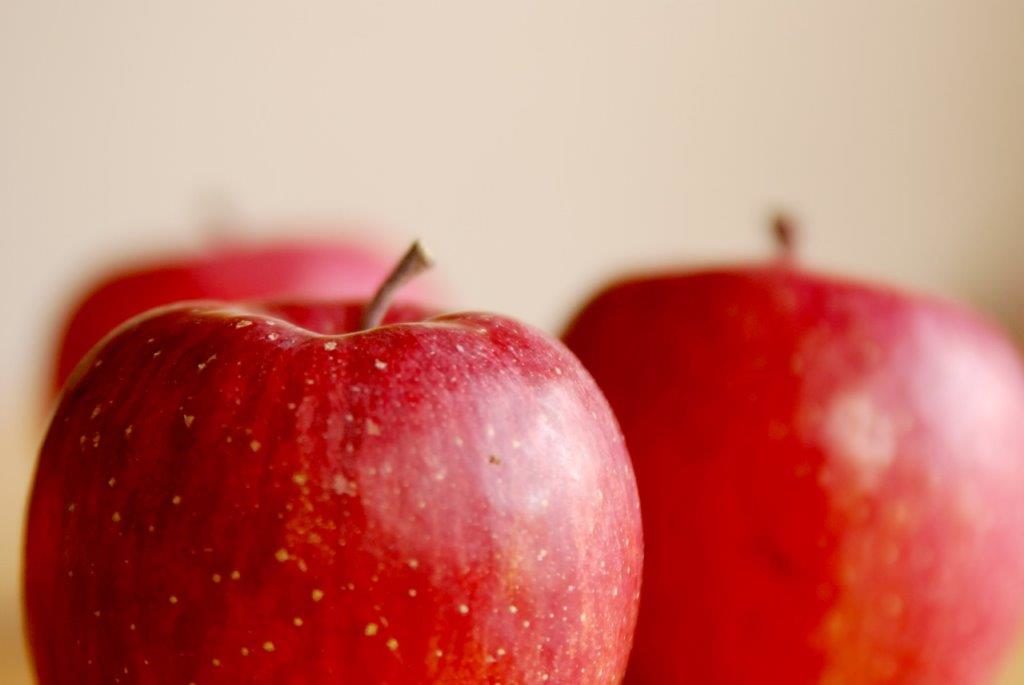
When should you be eating fruit?
We all know that fruit is good for us. It’s packed full of vitamins and nutrients that your body needs, as well as natural sugars, which can benefit energy levels without the mood crashes caused by processed sugar. But is there a way to get more out of fruit?
Eating fruit in specific ways and at certain times can actually ensure you get more out of it and benefit from including it in your diet. That’s not to say that simply eating fruit throughout your day isn’t beneficial, but it could be more so.
Ensuring you eat the right fruit at the right time can mean fewer issues with digestion and a lot more energy, which are two great benefits. It also means that you’ll be able to absorb more of the vitamins and nutrients, so one piece of fruit eaten at the right time could be as beneficial as two or three eaten at the wrong times.
Also, if you’re eating fruit at the wrong time, it can actually mean you’re causing yourself more problems. You might think that you’re being healthy, but it can mean you’re not getting everything you need from the fruit, which can affect your overall health and wellbeing.
So when should you be eating fruit?
The best time to eat fruit is on an empty stomach. Whether you’re eating a single piece or several, you should do so when you are hungry and not as a dessert or after meal or snack. The reason for this is that your digestive system uses different enzymes to break down fruit than it does to digest other foods.
All the simple sugars in fruit also need time to be absorbed completely by the body, which is better done when there is nothing else in your stomach to slow the process down. Your stomach can also process everything else fruits contain, such as fibre and nutrients, ensuring you fully benefit from them.
However, eating fruit with other foods isn’t going to cause you any problems – which is what some people claim – it will simply take longer to digest, which can mean that some of the goodness your fruit contains gets broken down too much to have much impact. Fruit sitting in your stomach longer will keep you feeling full but won’t necessarily provide you with energy straight away.
It’s important to note that fruit cannot ferment in your stomach, as some people claim. This is because your stomach contains acid to break down the food, which means the bacteria that causes fermentation cannot survive. So don’t be worried about fruit sitting too long in your system.
What fruits should you eat when?
There’s no hard or fast rules when it comes to the types of fruit you should eat at certain times of day, which means one of the main factors is personal preference. However, certain fruits contain different nutrients that can be beneficial at particular points in your day.
For example, bananas contain a lot of natural sugars that can help you feel energised for longer. This means they are a great choice for the morning when you need something to give you a bit of a boost as the sugar will keep you going, while the amount of fibre in bananas will keep you feeling full.
For this reason, it is a good idea not to have bananas in the evening as the high sugar levels can make it difficult for you to sleep.
However, it all depends on what fruits you like and when you get hungry. Make sure you’re getting enough fruit throughout the day by eating it as a snack and you’re sure to feel the benefits.
The best fruits to eat
All fruit has a number of benefits for your health, but some can help you in specific areas. Here are the benefits of some of the most popular fruit:
Apples – Apples are rich in fibre and low in calories, making them a healthy and delicious snack. They also contain flavonoids, which are antioxidents that help protect you against a number of illnesses.
Blueberries – Half a cup of blueberries will provide you with half the fibre of an apple but a whole host of antioxidants, which have been linked to a slight reduced risk in diseases like dementia. They area lso great for freezing, making them ideal for smoothies.
Grapefruit – Grapefruit really is a great way to start your day, as they contain an average of four grams of fibre, as well as being only 104 calories each. On top of this, they contain lycopene and flavonoids that can help beat bad cholesterol.
Kiwi – Kiwi fruit can be eaten with or without its skin and contains a lot of fibre for a reasonably small portion. They also help with the development of your gums, teeth and bones so are great to include in your diet.
Orange – We all know that oranges are full of vitamin C, which helps to strengthen your immune system. As well as this, they are low calorie and packed with healthy fibre. However, you lose most of this fibre if you juice them so try eating them as they are instead.



